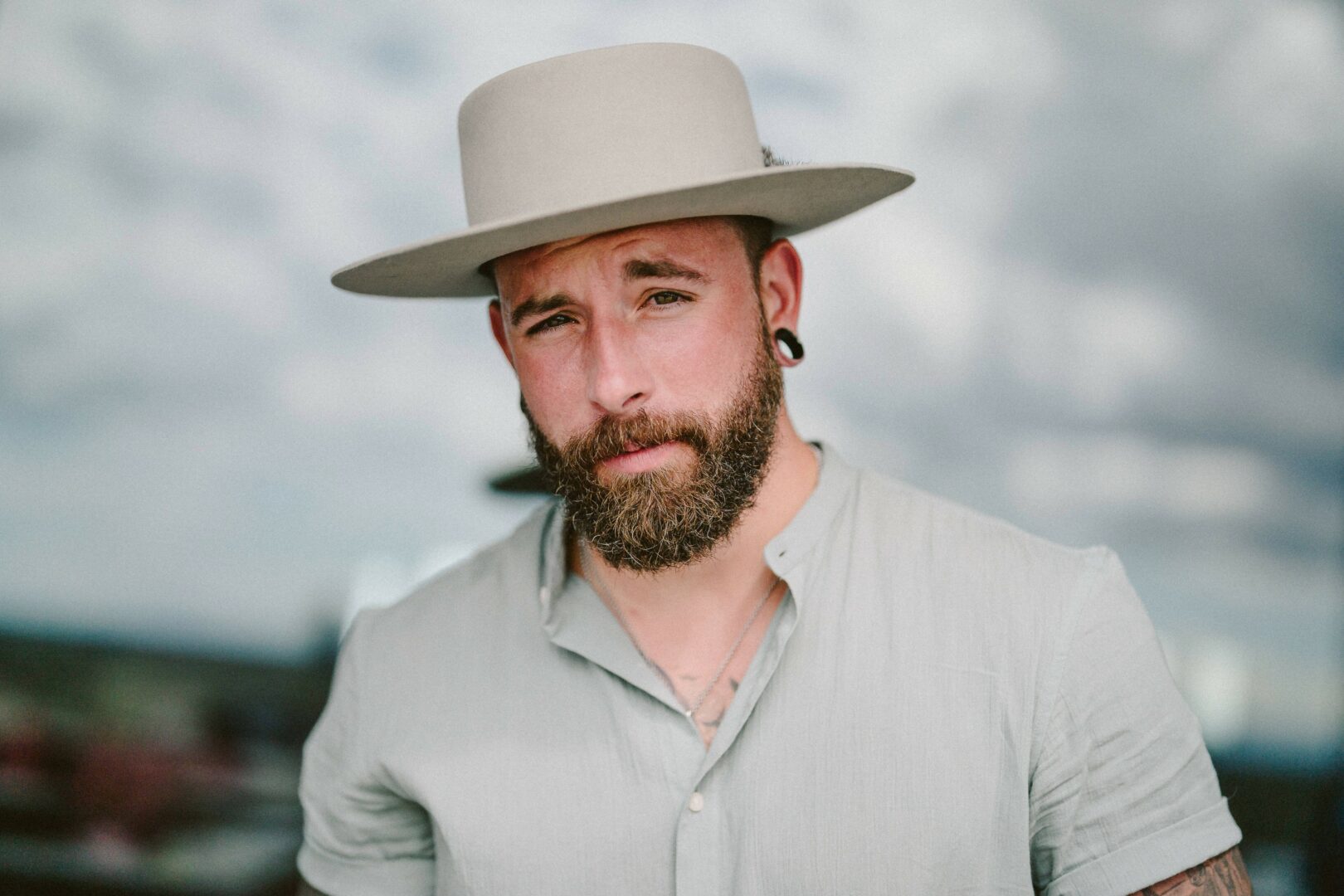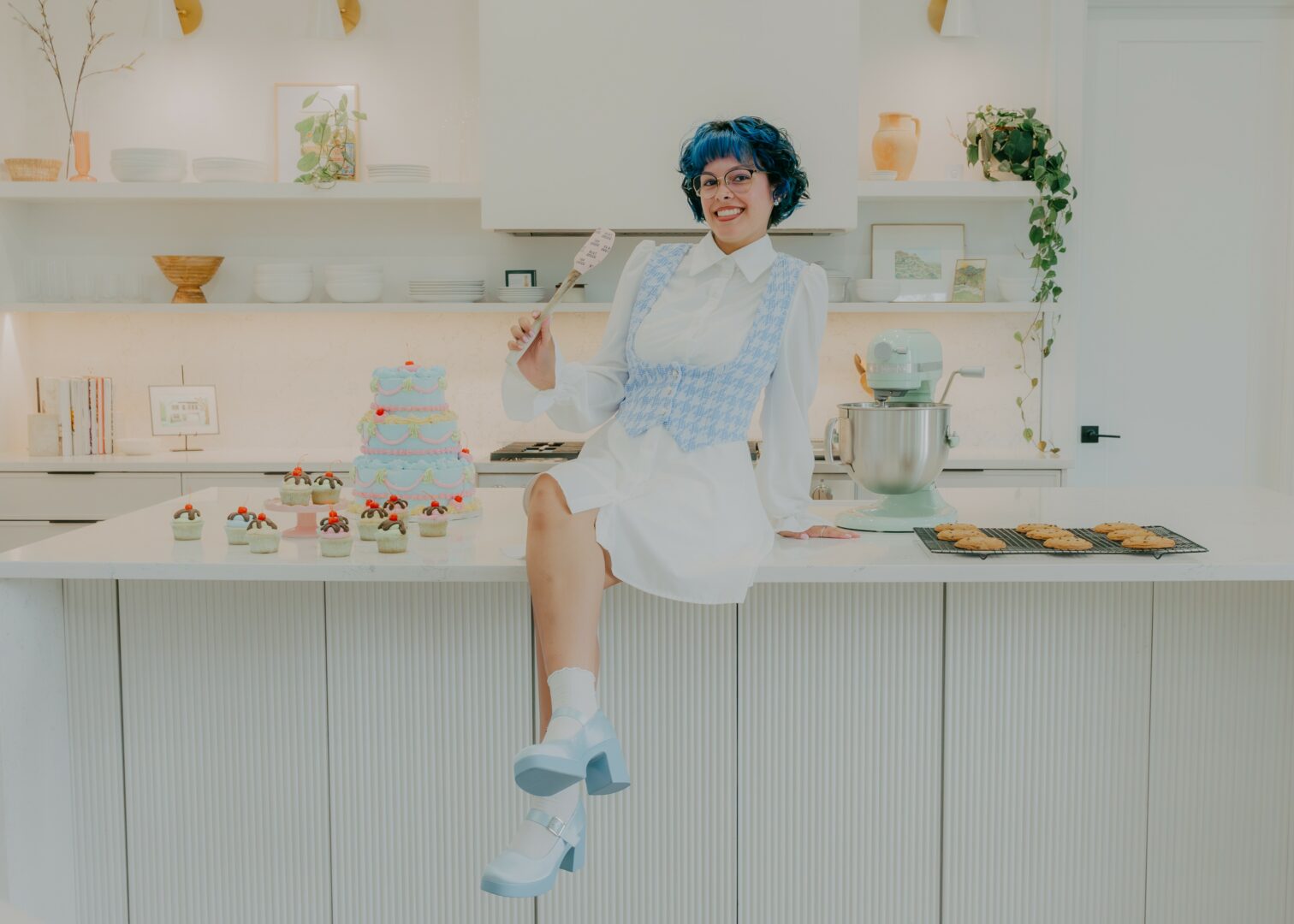Self-doubt and imposter syndrome have stopped far too many talented folks from going for their goals and reaching their true potential. Our hope is to host conversations that inspire folks to overcome imposter syndrome and help others as well.
Tina Adigwu

Overcoming imposter syndrome was a profound journey, deeply intertwined with my faith. As a mom, wife, speech therapist, and entrepreneur, I often felt inadequate, especially during my second pregnancy. It was through strengthening my relationship with God that I found the courage and clarity I needed. Prayer and reflection allowed me to see my true worth and purpose in every role I embraced. Through faith, I learned to replace my doubts with divine confidence, understanding that I am perfectly equipped for my unique path. Embracing this spiritual growth, I stepped forward with assurance, trusting that I am guided and supported in all I do. Read more>>
Molly Schemper

I don’t think you ever really overcome imposter system. I am fairly confident in my abilities, but there is always someone who knows more than me about food, about wine, about events, or whatever subject I am dealing in that day. The “trick” is to be confident enough to do the job, but realize when and where you can learn from others. The key is realizing that everyone else is learning too and no one knows everything. If you can convince yourself that you belong in the room, others will accept you there. Listen a lot. Read more>>
Jessica Downs

I believe that to overcome anything, you first have to understand it – you have to get down, in the shadows, in the mess of it all. For me, I’ve experienced little flares of imposter syndrome as I moved from wild teen, to graduating college, to all of a sudden super-adulting as a teacher, mother, bill payer, and a human who had to take care of her own car repairs and insurance enrollment. It’s so natural to experience the growing pains and “how the hell did I get here” feelings of those early years of adult development. Talking to friends, my partner, spending time in nature – all those lovely coping skills you’ll find on the socials or with your therapist – those got me through the little imposter flare ups for a long time. Read more>>
Gio & Estefi Hidalgo

My sister and I always dreamed of combining our skills and passion to open an online store. Like many others, we often experience self-doubt, and I’ve learned that imposter syndrome tends to resurface from time to time, regardless of how far along you are in your journey. Read more>>
Rachel Lee

Ahhh my favourite question! I actually struggled with imposter syndrome for a REALLY long time… long before I even started my business. When I was studying design in art school, we had these things called “critiques” where we had to present our projects in front of the class and explain our work. I remember feeling shame and embarrassment every time I saw other people’s projects because I somehow thought that they were better than mine. Many times, I questioned how I even got into art school since I felt that there were so many people who were a lot more talented than me. Read more>>
Kevin Twitty

I have been in the interior design industry for 19 years and during a lot of that time I struggled with the ups and downs of accepting my deserving, my expertise, and my talents. Imposter syndrome is something every business owner and creative struggles with. It has only been within the last four years that I have overcome those thoughts of doubt in my ability. Read more>>
Natalie Capano

Imposter syndrome is common amongst therapists and I believe that I will experience it in waves throughout my career. I won’t say that I have fully overcome imposter syndrome, but I’ve made strides in building my self-confidence and talking myself through worries around my work performance and capabilities. I have overcome bouts of imposter syndrome by reminding myself of the work that I have done to make it this far in my career. I remind myself of everything I learned in graduate school and my fieldwork opportunities, and the trainings I have participated in over the years. I think about lessons I have learned from mistakes that have turned into teachable moments over my thousands of hours working with clients. I reflect on my participation in supervision and consultation and remember that there is always room to grow, which helps me feel like a more competent therapist as I acknowledge that I will never know it all. I also consider forms of feedback I receive from my clients like hearing them recount their progress from our work together, receiving thanks for my suggestions and perspectives, and remembering that my clients make conscious decisions to continue our work together. I have many ways to measure my success, and I also acknowledge that there will be more moments of imposter syndrome in the future. Read more>>
Casey Mccabe

Shortly after starting my first job out of college, I started to develop a pretty serious case of imposter syndrome. I was working at KGW News in Portland, a local NBC affiliate station. Many of my coworkers and superiors had worked most of, if not all of their careers with KGW as the end goal in mind. As someone fresh out of college I obviously felt out of place and outmatched by most of the newsrooms veteran journalists. I overcame this thanks to one specific project I worked on, a documentary called “Sick Medicine.” The documentary looked at medical malpractice and practitioners attempts to elude repercussions by moving to different states. The project took the better part of a year, and I was in charge of a large bulk of the research. Every day that I was able to catch another practitioner who had broken the law and jumped state lines I felt an immense sense of accomplishment. Once the documentary was finished and I got to view the final product all semblance of being an imposter in the midst of professionals vanished. I was a critical part in a project that won awards, and had my name along with scores of others of industry greats in the credits. Even when I first got the assignment I was skeptical if I would actually be able to contribute in a meaningful way. But as my spreadsheet of data grew each day, that sense of not being good enough was repeatedly challenged. If there was any lingering doubt in my mind it evaporated when I saw our documentary featured in a John Oliver segment about medical malpractice. My dreams and accomplishments had come full circle, with shows like Oliver’s inspiring my interest in documentary work to begin with. Read more>>
Damian Adams

I always review my work and give an honest assessment of my content. I usually come back from the assessment with the confidence that I belong in any room. Read more>>
Maria Korpacheva

Overcoming imposter syndrome hasn’t been easy, but my story has been about facing the things that seemed impossible head-on. When I was 15, I made the choice to learn English. Every morning, I’d wake up at 5 a.m., take a long commute, and go to classes where I barely understood a word. I didn’t just want to pass—I wanted to excel, to build a life I could be proud of. I knew it would be tough, but I also knew that it would open doors. Eventually I ended up graduating with honors from the Linguistic University. Read more>>









